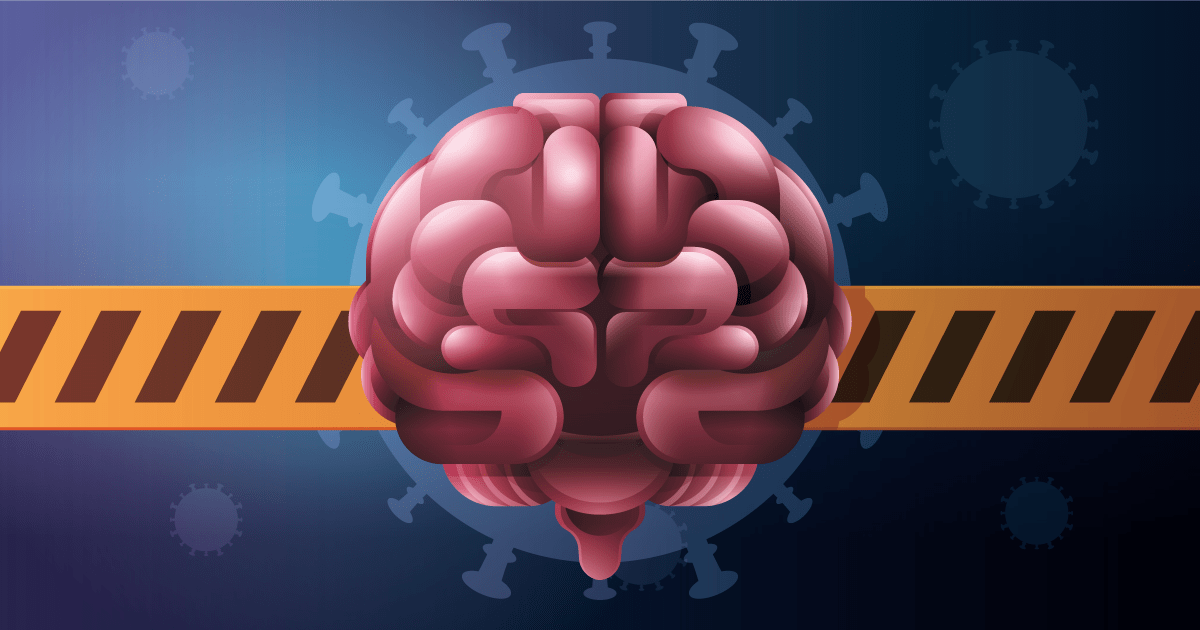The USA has recently become the nation with the highest number of reported COVID-19 cases. This has prompted the government to close many stores and make everyone stay home, unless in cases of emergency. This stay at home order and with it an increasing anxiety can be damaging for your mental health and stability if nothing is done. Self isolation can have many effects on the mind and body. Social isolation may lead to increased high blood pressure, heart disease, cancer, and even stroke. Within only a few days, self isolation can raise levels of anxiety and depression – releasing stress is one of the main things that relationships with other people can have. The majority of Americans report that they rely on having close relationships in order to support their well-being and provide emotional security – this is most common in the elderly, married couples, high-income earners, and those with a graduate degree. Those with no previous history of mental health issues may now feel difficulty sleeping, finding a normal routine, and concentrating. Those who have preexisting conditions may now feel these symptoms renewed again.
Adjusting to this new way of life is tough on everyone. But in order to not fall prey to social isolation, a number of steps can be taken. Organizing your space in ways such as avoiding working from your bedroom and creating a dedicated workspace can help you stay on track during your schedule by giving you a set location for your work. Staying connected to friends, family, and coworkers can help reduce the effects of being alone at home by maintaining that connection with those you know.
Learn more about how to keep your mental health in coronavirus quarantine in check with tips and tech and some more ways to help keep your day structured in this unstructured time here:


